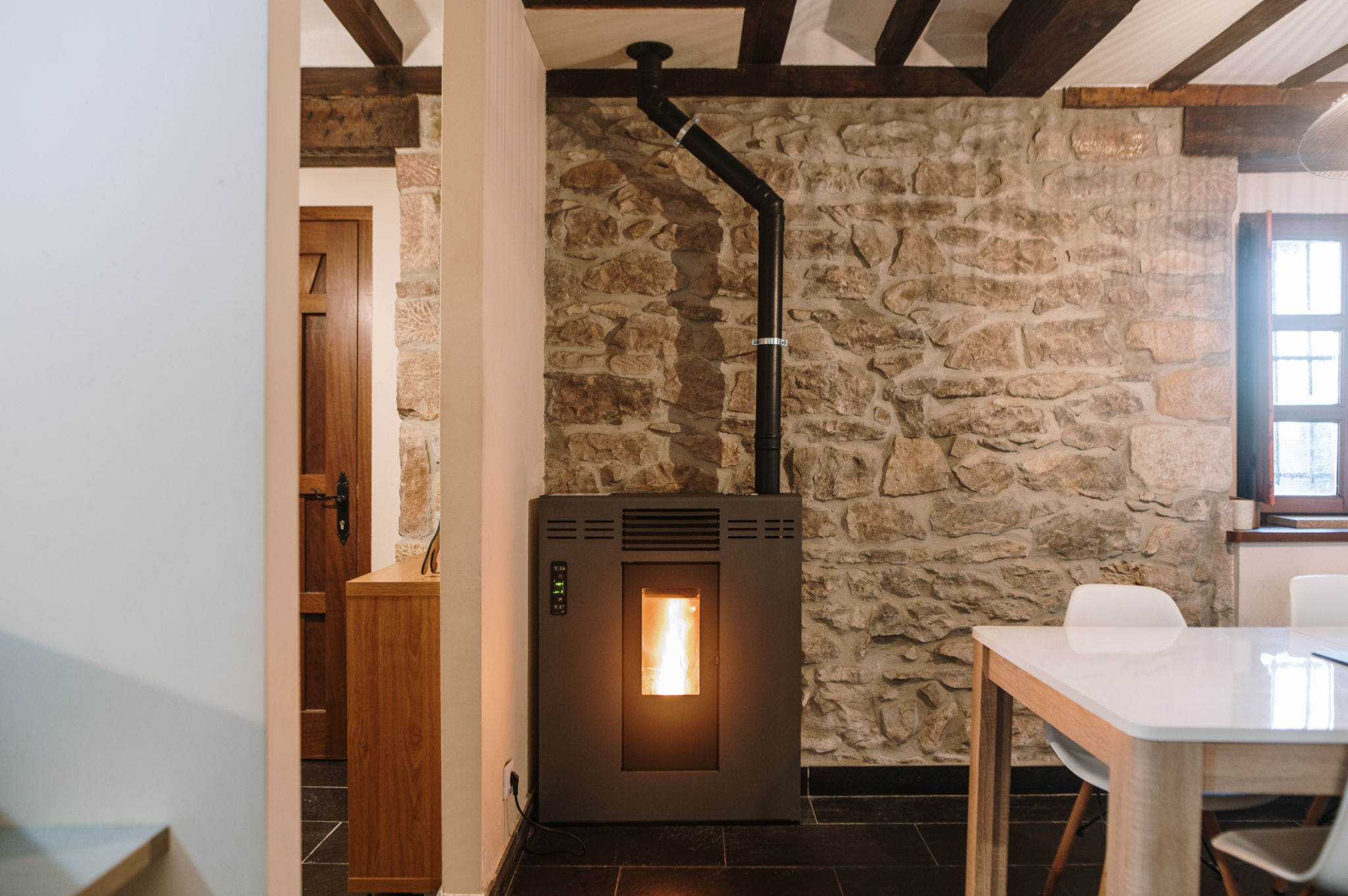Seasonal Guide: Preparing Your Home for Winter with Biomass Fuel
Understanding Biomass Fuel
As winter approaches, many homeowners are seeking efficient and sustainable ways to heat their homes. Biomass fuel, a renewable energy source made from organic materials like wood chips, pellets, and agricultural residues, is gaining popularity as an eco-friendly alternative. Using biomass fuel not only reduces carbon emissions but also supports local economies by utilizing locally sourced materials.
This guide will help you prepare your home for winter using biomass fuel, ensuring you stay warm and environmentally conscious throughout the cold months.

Assess Your Heating Needs
Before switching to biomass fuel, it's essential to assess your home's heating requirements. Consider the size of your home, insulation levels, and existing heating systems. This evaluation will help you determine the most suitable biomass heating solution, such as a pellet stove or a biomass boiler, to meet your specific needs.
An energy audit can provide valuable insights into your home's energy efficiency, highlighting areas that may require improvement. Addressing these issues will enhance the effectiveness of your biomass heating system and reduce overall energy consumption.
Choosing the Right Biomass System
There are various biomass heating systems available, each with its advantages. Pellet stoves are popular for smaller homes or supplemental heating, as they are easy to install and operate. Biomass boilers, on the other hand, are ideal for larger properties or those looking to replace traditional central heating systems.
When selecting a biomass system, consider factors such as installation costs, maintenance requirements, and fuel availability. Consulting with a professional installer can help you make an informed decision and ensure proper installation for optimal performance.

Preparing Your Storage Area
Proper storage of biomass fuel is crucial for maintaining its quality and efficiency. Ensure you have a dry, ventilated space to store your fuel, protecting it from moisture and pests. This could be a dedicated shed or a covered area near your home.
It's important to plan your fuel supply in advance, especially during peak winter months when demand may increase. Establishing a relationship with a reliable supplier will help ensure you have a consistent fuel supply throughout the season.
Maintaining Your Biomass System
Regular maintenance is key to keeping your biomass heating system running efficiently. Schedule annual inspections with a qualified technician to check for any potential issues and perform necessary cleanings. Regularly cleaning the system yourself can also help prevent blockages and ensure optimal performance.

Check your system's manual for specific maintenance guidelines and adhere to them diligently. This will not only prolong the lifespan of your system but also ensure it operates safely and effectively.
Maximizing Energy Efficiency
To get the most out of your biomass system, focus on maximizing your home's energy efficiency. Ensure your home is well-insulated, seal any drafts around windows and doors, and consider using programmable thermostats to regulate temperatures effectively.
Implementing these measures will reduce energy loss and make your biomass system more effective in keeping your home warm throughout the winter.